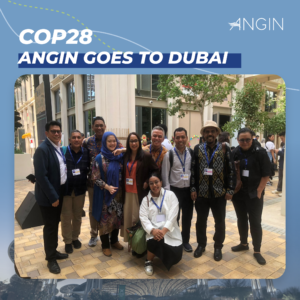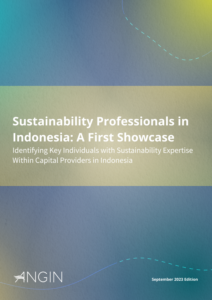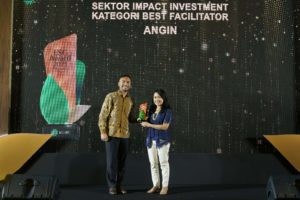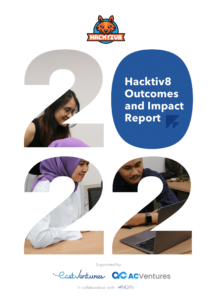[et_pb_section bb_built=”1″ admin_label=”section” transparent_background=”off” allow_player_pause=”off” inner_shadow=”off” parallax=”off” parallax_method=”off” padding_mobile=”off” make_fullwidth=”off” use_custom_width=”off” width_unit=”on” make_equal=”off” use_custom_gutter=”off” custom_padding_tablet=”50px|0|50px|0″ custom_padding_last_edited=”on|desktop”][et_pb_row background_position=”top_left” background_repeat=”repeat” background_size=”initial”][et_pb_column type=”4_4″][et_pb_post_title title=”on” meta=”on” author=”on” date=”on” categories=”on” comments=”off” featured_image=”off” featured_placement=”below” parallax_effect=”on” parallax_method=”on” text_orientation=”left” text_color=”dark” text_background=”off” module_bg_color=”rgba(255,255,255,0)” border_style=”solid” _builder_version=”3.0.60″ background_color=”rgba(255,255,255,0)” parallax=”on” /][/et_pb_column][/et_pb_row][et_pb_row admin_label=”row” background_position=”top_left” background_repeat=”repeat” background_size=”initial”][et_pb_column type=”4_4″][et_pb_image show_in_lightbox=”off” url_new_window=”off” use_overlay=”off” sticky=”off” align=”center” force_fullwidth=”off” always_center_on_mobile=”on” use_border_color=”on” border_color=”#f2f2f2″ border_style=”solid” max_width=”1000px” src=”//angin.id/wp-content/uploads/2017/11/INS-Womenu2019s-Entrepreneurship.jpg” _builder_version=”3.0.75″ animation_style=”slide” animation_duration=”500ms” animation_intensity_slide=”10%” animation_direction=”left” show_bottom_space=”on” /][et_pb_text admin_label=”News Content” background_layout=”light” text_orientation=”justified” border_style=”solid” custom_padding=”20px|20px|20px|20px” background_position=”top_left” background_repeat=”repeat” background_size=”initial” _builder_version=”3.0.75″]
The United Nations Development Programme (UNDP) Indonesia just released a report titled “Women’s Entrepreneurship and Access to Finance: Challenges and Opportunities of Women-led Social Enterprises in Indonesia”. It was produced in partnership with Angel Investment Network Indonesia (ANGIN) and financially supported by the Government of Canada.
Investing in women entrepreneurs has been a hot topic over the past few years due to its win-win outcome; not only in social context but also from the economics point of view. Aligned with recent study on women entrepreneurs by the International Finance Corporation (IFC) which found that the repayment rate of women entrepreneurs is better, our recent study revealed that women entrepreneurs we interviewed do not have any difficulty in repaying loan; in fact they are more proactive and cultivate closer relationships with their financial backers to understand their needs.
In recent years, we noticed a growing presence of women-led businesses, including women-led social enterprise (WLSE). Financial institutions have begun to recognize this untapped market. However, the IFC revealed that majority of women entrepreneurs in Indonesia finance their business through profits, personal savings, or loan from friends and/or family rather than banks or other formal financial institutions.
UNDP conducted this research to help financial institutions moving forward from offering gender-neutral products to tailored financial products that “win” women over. The objectives of study are to assess the landscape, challenges and opportunities for women’s social enterprises mainly in agriculture, fishery, and forestry; identify the opportunities for investment; and ultimately advance gender equality and women’s empowerment, both for women and by women.
The objectives of the study are to assess the landscape, challenges and opportunities for women’s social enterprises mainly in agriculture, fishery, and forestry; identify the opportunities for investment; and ultimately advance gender equality and women’s empowerment, both for women and by women.
[/et_pb_text][et_pb_divider _builder_version=”3.0.75″ divider_style=”solid” divider_position=”top” /][et_pb_text admin_label=”News Content” background_layout=”light” text_orientation=”justified” border_style=”solid” custom_padding=”20px|20px|20px|20px” background_position=”top_left” background_repeat=”repeat” background_size=”initial” _builder_version=”3.0.75″ background_color=”rgba(222,248,249,0.85)” module_alignment=”justified”]
KEY TAKEAWAYS
- Absence of credit product for the missing middle: Most of available lending products for women entrepreneurs in Indonesia to date focus on poverty reduction, which is not suitable for growth-oriented SMEs.
- A bundling product opportunity: Women entrepreneurs surveyed stated that they need non-monetary supports to succeed, such as business-related training (e.g. ICT, financial management, etc.), technical assistance, networking, and mentorship. In addition, they also cited challenges in acquiring legal entity and/ or certification (e.g. organic, fair trade). Bundling these services with appropriate financing can be an interesting way to meet their demand.
- Lack of information on alternative financing options: There are alternative non-banking options that might meet the need of these WLSEs; for example angel investors, BEKRAF’s grants, P2P lending. However, many women entrepreneurs outside Jakarta are not aware of these. Hence, strategic avenue of communication; such as associations and website can be utilized to raise awareness on these products.
- A need of gender-disaggregated data: Many bank and non-bank financial institutions do not currently collect gender-disaggregated data on their applicants or their portfolio. To design attractive, appropriate, and high-performing financial products for WLSEs, it is important to understand gender-related financing trends as thoroughly as possible.
[/et_pb_text][et_pb_text admin_label=”News Content” background_layout=”light” text_orientation=”justified” border_style=”solid” custom_padding=”20px|20px|20px|20px” background_position=”top_left” background_repeat=”repeat” background_size=”initial” _builder_version=”3.0.75″ module_alignment=”justified”]
Find out more about the study.
Download the full study: [Download not found]
[/et_pb_text][/et_pb_column][/et_pb_row][/et_pb_section]




